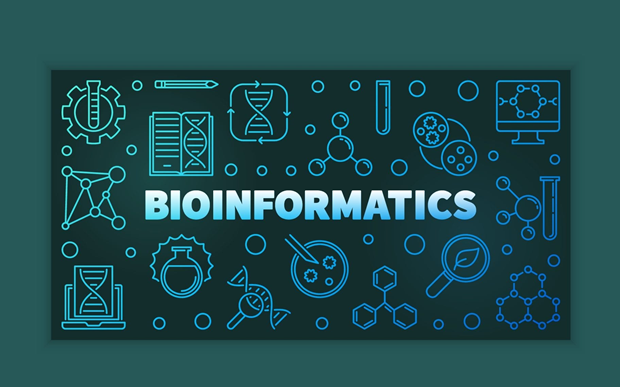Introduction to Bioinformatics: Unlocking the Power of Biological Data
August 13, 2024 2025-01-16 13:08Introduction to Bioinformatics: Unlocking the Power of Biological Data
The bioinformatics field is emerging daily. It is a combination of biology, computer science, and information technology that analyzes, evaluates, and interprets biological data. Bioinformatics is indispensable in modern biology and medicine. In this blog, we will cover the importance and applications of bioinformatics.
What is Bioinformatics?
Bioinformatics is a combination of biology, computer science, and information technology. It involves developing and applying computational tools and tactics for analyzing biological data. The main focus of bioinformatics is on managing and interpreting data from biological experiments, mainly those involving DNA, RNA, and protein sequences.
The Importance of Bioinformatics
Managing Biological Data
Biological research generates a vast amount of data, especially with next-generation sequencing. Bioinformatics provides the tools needed to store, organize, and manage the data efficiently. In short, bioinformatics makes the data accessible for further analysis and interpretation.
Enhancing Research Efficiency
Bioinformatics enhances the research process by automating routine tasks, such as sequence alignment, protein structure prediction and gene annotation. This allows the researchers to focus on more complex and creative aspects of their work.
Uncovering Biological Insights
Bioinformatics leads to new discoveries by analyzing large databases and identifying patterns, relationships, and trends that may not be possible with traditional methods.
Applications of Bioinformatics
Genomics
Bioinformatics plays crucial role in genomics. Bioinformatics tools are utilized to sequence genomes, identify genes and analyze genetic variations. This information is pivotal for understanding genetic diseases and development of personalized medicine.
Proteomics
Proteomics involves the large-scale study of proteins, including their structure and functions. Bioinformatics helps identify proteins and understand protein interactions, which is important for drug discovery.
Drug Discovery
Bioinformatics plays a pivotal role in the drug discovery process. Researchers can identify potential drug targets by analyzing biological data. This will eliminate the cost and time associated with bringing new drugs to market.
Public Health
Concerning public health, bioinformatics is used to track and analyze the spread of infectious diseases. It can help predict outbreaks, understand transmission patterns, and develop effective countermeasures.
Conclusion
Finally, we can say that bioinformatics is growing daily by providing powerful tools for managing and interpreting a vast amount of biological data. Bioinformatics is paving the way for groundbreaking discoveries and innovations in science and medicine.




